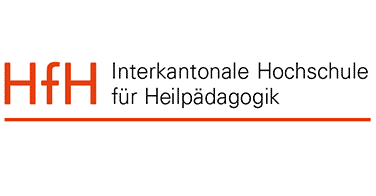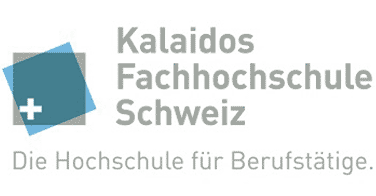Studieren in der Schweiz
Bildungsinteressierten steht in der Schweiz auf der Tertiärstufe eine breite Palette von Ausbildungs- und Weiterbildungsmöglichkeiten zur Auswahl.
Entscheiden können Sie sich zwischen drei Hochschultypen im schweizerischen Hochschulsystem oder auch einer Weiterbildung im Rahmen der höheren Berufsbildung (Höhere Fachschulen HF).
Im Hochschulbereich bieten zehn kantonale Universitäten und zwei Eidgenössische Technische Hochschulen als sogenannte universitäre Hochschulen, sowie sieben Fachhochschulen ein vielfältiges Spektrum an Angeboten der Ausbildung und der Weiterbildung an.
Weitere Informationen zu den drei Schweizer Hochschultypen finden sie unter diesen Links:
Diese Schulen könnten dich interessieren:
Hochschule für Wirtschaft FHNW
Praxisnah studieren und durchstarten. Jetzt informieren!
OST - Departement Technik: Lehre und Forschung
Bachelor und Masterstudiengänge in Forschung und Entwicklung
HfH Interkantonale Hochschule für Heilpädagogik
Angebote zu heil- und sonderpädagogischen Fragestellungen
Kalaidos Fachhochschule. Die Hochschule für Berufstätige.
Flexible, berufs- und familienbegleitende Studiengänge
Welche Studienrichtungen werden an Schweizer Universitäten / ETH, Fachhochschulen FH und Pädagogischen Hochschulen PH angeboten?
Die Schweizer Hochschulen bieten Studiengänge in folgenden Bereichen an:
- Historische und Kulturwissenschaften
- Kunst, Musik, Design
- Mathematik, Informatik
- Medizin, Gesundheit, Sport
- Natur- und Umweltwissenschaften
- Sozialwissenschaften
- Sprache, Literatur, Kommunikation, Information
- Technische Wissenschaften
- Theologie, Religionswissenschaft
- Unterricht, Pädagogische Berufe
- Wirtschaft, Tourismus, Recht
Welche Abschlüsse gibt es an Schweizer Universitäten und Hochschulen?
An Schweizer Hochschulen werden neun Titel, jeweils auf der Bachelor und Master Stufe, verliehen. Hier die Übersicht aller Abschlüsse für Bachelor (Ba) und Master (M):
- Bachelor / Master of Theology: Ba / M Th
- Bachelor / Master of Law: Ba / M Law
- Bachelor / Master of Medicine: Ba / M Med
- Bachelor / Master of Dental Medicine: Ba / M Dent Med
- Bachelor / Master of Veterinary Medicine: Ba / M Vet Med
- Bachelor / Master of Chiropractic Medicine: Ba / M Chiro Med
- Bachelor / Master of Arts: Ba / M A
- Bachelor / Master of Science: Ba / M Sc
- Bachelor / Master of Engineering: Ba / M Eng
Bachelor Studiengänge
Master Studiengänge



